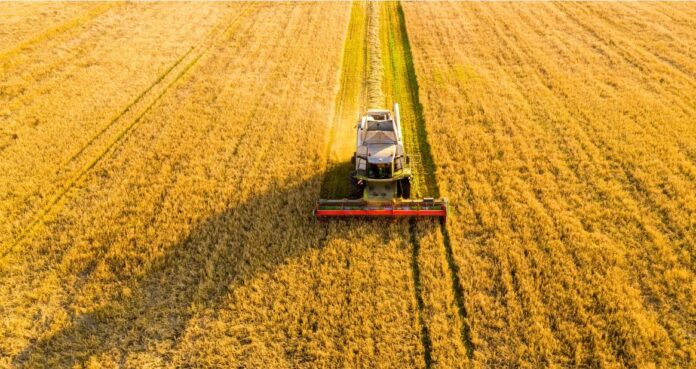The government of Khyber Pakhtunkhwa has decided to implement a tax system on agricultural land across the province, targeting both individual landowners and corporate entities. The new legislation aims to regulate agricultural income and ensure tax compliance.
Agricultural income taxes bill presented in khyber Pakhtunkhwa assembly here on friday new taxes net is set to be implemented on agricultural and non agricultural land,accroding to the bill Super Tax on High Agricultural Income,Individuals with an annual agricultural income exceeding PKR 150 million will be subject to a “super tax,” designed to generate significant revenue from high-earning landowners.
Landowners possessing property in more than one patwar (revenue) circle are now required to provide detailed location information about their holdings. Additionally, they must submit tax returns detailing their total agricultural income.A new annual agricultural tax will apply to landowners with Cultivable land exceeding 50 acres.Non-cultivable land exceeding 100 acres.
In cases of a landowner’s death, their legal heirs will be responsible for settling outstanding agricultural taxes and dues. To streamline tax collection, the Board of Revenue will establish zones at the tehsil, district, and village levels.
Landowners failing to pay agricultural income tax without valid reasons will incur a daily penalty of 0.1% on their dues, as determined by the tax collector. Three-Tier Land Zonins across the province,Agricultural land has been categorized into three zones each with specific tax rates
Zone 1: Landowners with 12.5–25 acres of land will pay PKR 1,200 per acre annually.
Zone 2: The tax rate is set at PKR 900 per acre.
Zone 3: A tax of PKR 500 per acre applies.
Small farmers will also be taxed based on their annual agricultural income,Income between PKR 600,000–1,200,000: 15% tax.
Income between PKR 1.2 million–1.6 million: 20% tax.
Income between PKR 1.6 million–3.2 million: 30% tax.
Income between PKR 3.2 million–5.6 million: 40% tax.
Income above PKR 5.6 million: 45% tax.
Corporate farming is now included in the tax net,Small companies will pay 20% tax on annual agricultural income. Large companies will be taxed at 29%.
This new tax framework is part of the government’s broader strategy to enhance revenue collection, regulate landholdings, and bring agricultural wealth into the formal tax system. By targeting both small and large-scale landowners, the policy ensures equitable tax distribution while promoting compliance across all sectors.
This step marks a significant shift in provincial tax policy, potentially reshaping the agricultural economy of Khyber Pakhtunkhwa.


